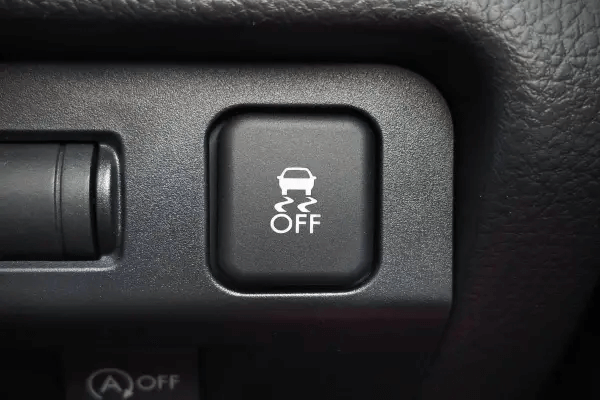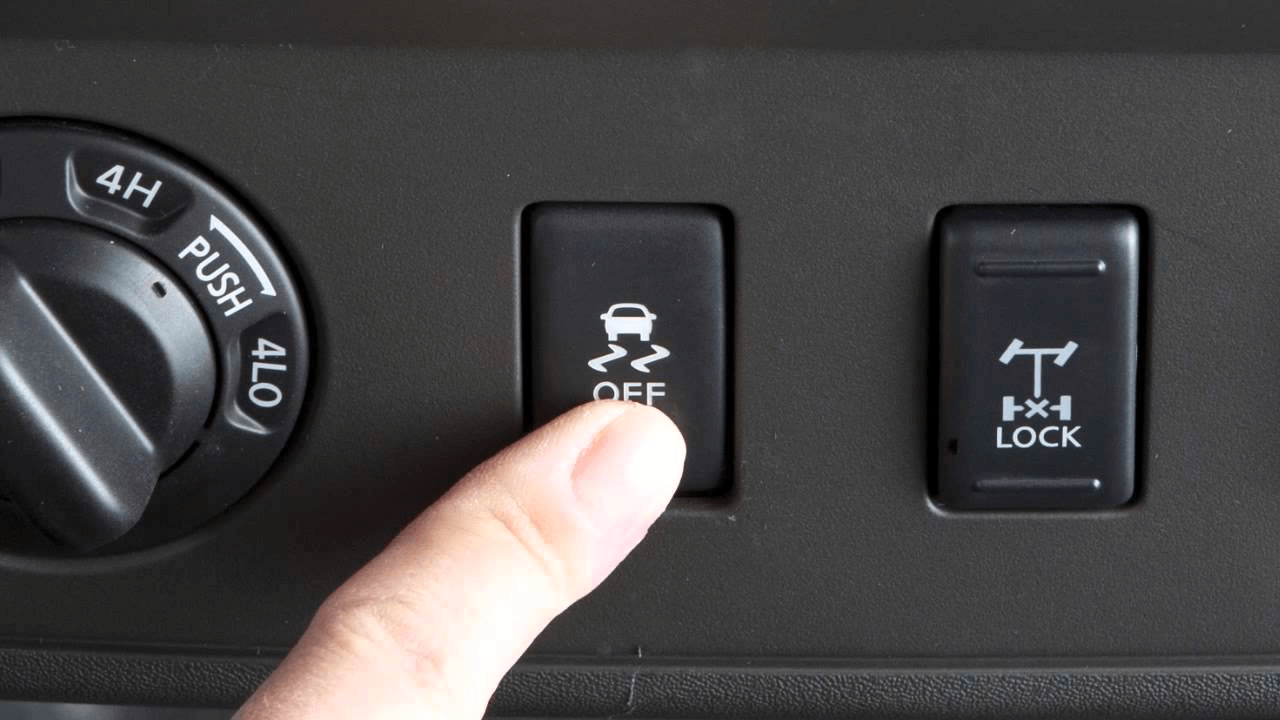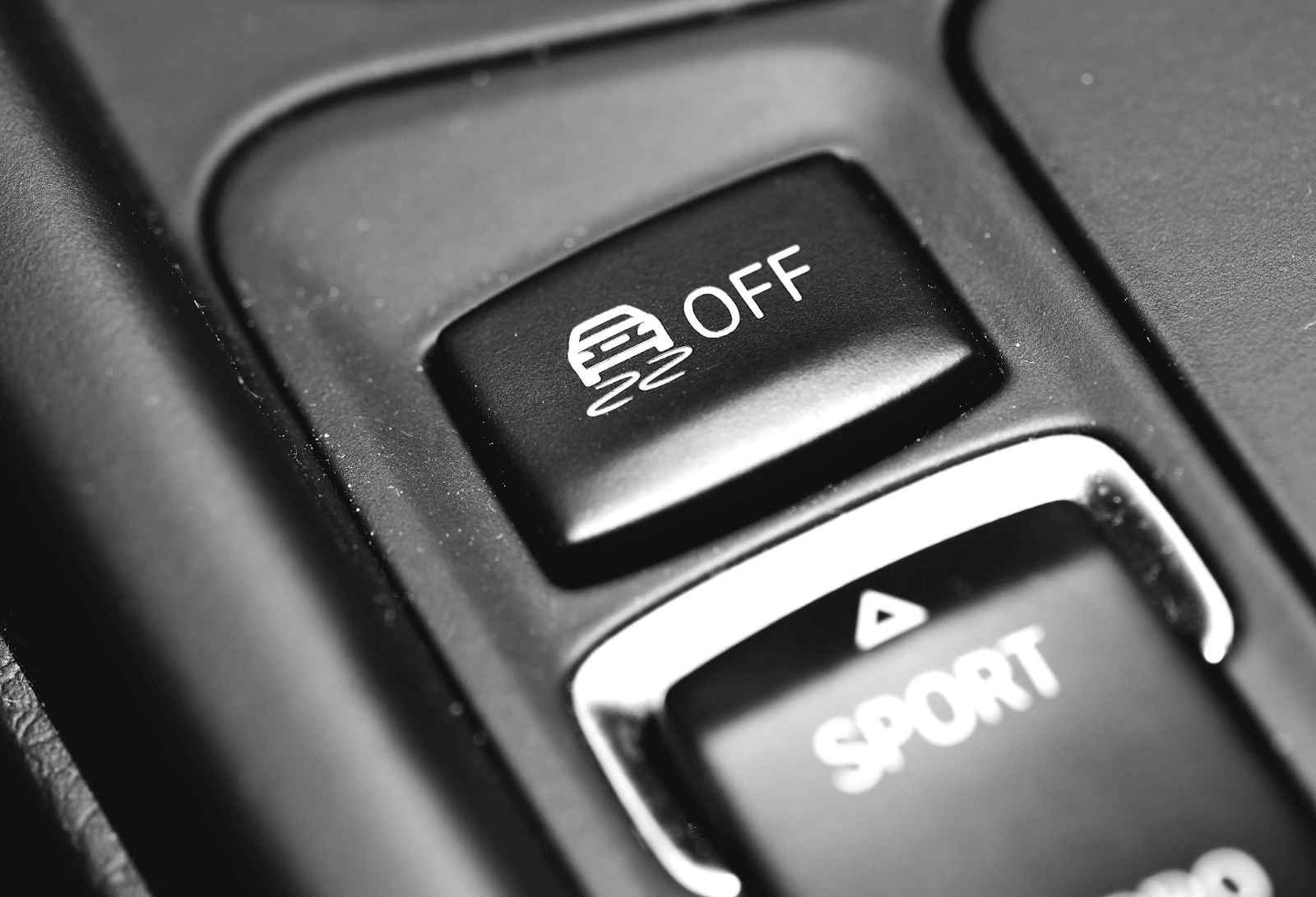Have you ever wondered, “What does TC mean on a car?” TC stands for Traction Control, a safety feature that helps prevent wheel spin and loss of control.
In this article, we will explore the benefits of TC on a car, including increased safety, improved handling, and reduced fuel consumption. Read on to learn more about this important feature.
What Does TC Mean On A Car?
TC stands for Traction Control, a safety feature that helps prevent wheel spin and loss of control. When driving on slippery or wet roads, it can be easy for the wheels to lose traction and spin. This can cause the car to skid or slide, making it difficult for the driver to maintain control.
TC uses sensors to detect when a wheel is spinning faster than the others. When this happens, the system will reduce power to that wheel or apply the brakes to slow it down. This helps the wheel regain traction and allows the driver to maintain control of the car.

What Are The Benefits Of TC On A Car?
Traction Control (TC) is a safety feature that offers many benefits to drivers. In this section, we will explore the benefits of TC on a car, including increased safety, improved handling, and reduced fuel consumption.
Increased safety
One of the main benefits of TC is increased safety. TC helps drivers maintain control of their cars in slippery or wet conditions by preventing wheel spin and loss of control. This can help prevent accidents and keep drivers and passengers safe.
Improved handling

TC can also improve the handling of a car. By reducing wheel spin and maintaining traction, TC helps drivers control their cars better when turning or navigating curves. This can make driving more enjoyable and give drivers more confidence.
Reduced fuel consumption
Finally, TC can help reduce fuel consumption. TC can help the engine work more efficiently by maintaining traction and preventing wheel spin. This can result in lower fuel consumption and cost savings for drivers.
How Does Traction Control System Works In a Car?
The Traction Control System (TCS) is designed to help prevent wheel spin and loss of control on slippery or wet roads. It does this by using sensors to monitor the speed and behavior of each tire.
If the sensors detect that one tire is spinning faster than the others, indicating a loss of traction, the system will automatically reduce power to that tire or apply the brakes to slow it down. This helps the tire regain traction and allows the driver to maintain control of the car.
How To Disable TC?
While Traction Control (TC) is a helpful safety feature, there may be times when you want to turn it off. This section will explore how to disable TC and when it is safe.

Disabling TC
Most cars have a button or switch that allows you to disable TC. This is usually located on the dashboard or center console. Simply press the button or flip the switch to turn off TC.
Safe Conditions for Disabling TC
It is important to note that TC should only be disabled in safe conditions. You should only turn off TC when driving on dry roads with good traction. Disabling TC on slippery or wet roads can increase the risk of losing control of your car.
Conclusion
Through the above article, have you answered the question what does tc mean on a car? Traction Control (TC) is a safety feature that helps prevent wheel spin and loss of control.
It offers many benefits to drivers, including increased safety, improved handling, and reduced fuel consumption. While it can be turned off in some cars, it is generally recommended to keep it on for optimal safety.
FAQs
- What happens if TC fails?
If the Traction Control System fails, it will no longer be able to prevent wheel spin and loss of control. This can make it difficult for the driver to maintain control of the car in slippery or wet conditions.
- Can I drive with TC off?
It is generally recommended to keep TC on for optimal safety. However, driving with TC off in safe road conditions is possible. Remember that turning off TC can increase the risk of losing control of the car.
- What are the signs of a flawed TC system?
TCS warning light going on, TCS not turning off/on when it should, and loss of TCS or ABS features are all signs of a malfunctioning or failing Traction Control System.
